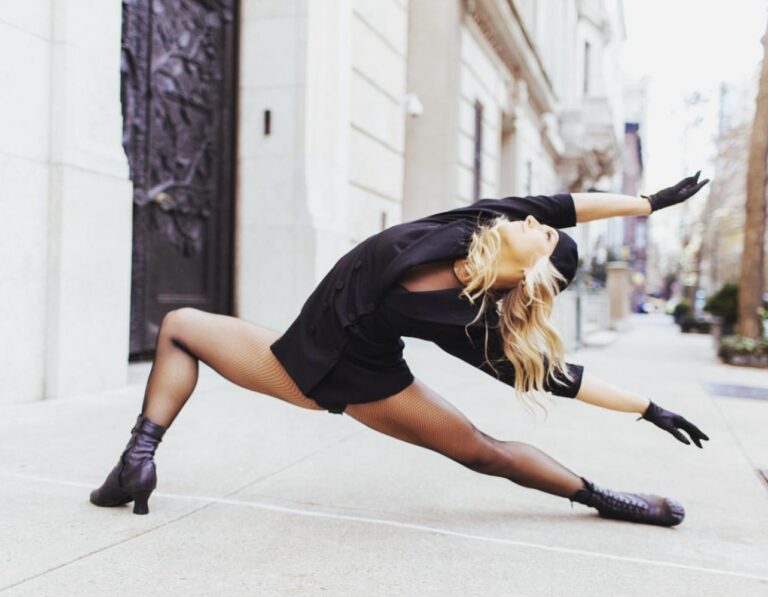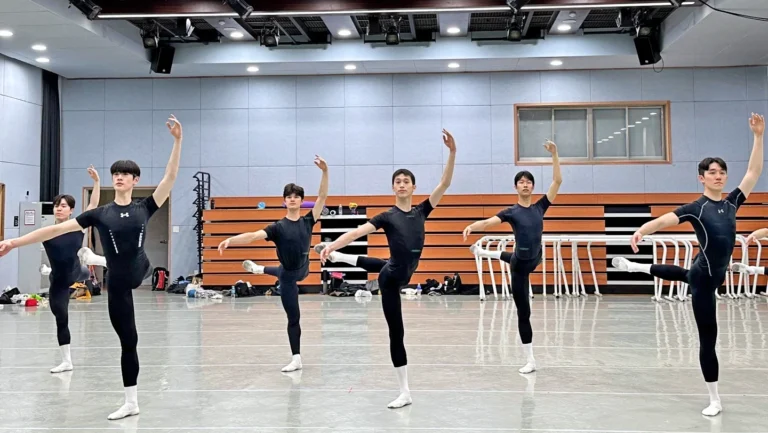Seen & Heard At the Dance Teacher Summit
Carole Royal
Royal Dance Works
Phoenix, AZ
500 students
A studio owner for 33 years, Carole Royal has learned the hard way how to separate her passion for dance from her livelihood as a business owner. The four-time ambassador shares her experience and advice at the annual Dance Teacher Summit.
Dance Teacher: During the 2012 DT Summit, you gave a seminar called “Dance Is a Business.” Why do studio owners need to be reminded of that?
Carole Royal:
If you’re working in a typical business, you expect to make a profit, but I think when it’s something you love, you feel guilty making money. When I first started teaching, I couldn’t stand to charge people. It made me feel terrible. I can’t tell you how much I gave away for free. I’d teach all my performance classes for free, choreograph for soloists and do extra routines for students without charging. I could only bring myself to charge for regular classes and wouldn’t add on for anything. As a result, I spent many years not doing well.
DT: What made you change how you approach your business?
CR:
I started listening to books on tape about success, and I think that’s when it sunk in. I started realizing I work hard, and I deserve to make a good living. Some of the most helpful were Dare to Change: How to Program Yourself for Success, by Joel Alexander; The Success System That Never Fails, by William Clement Stone; and All You Can Do Is All You Can Do But All You Can Do Is Enough! by A.L. Williams.
DT: What should studio owners consider as they take their first steps toward becoming more business-minded?
CR:
Anything you change, just make sure you do it gradually. If your performance kids have never paid a fee on top of their classes, you can’t jump in demand $350 extra. You can start with maybe $50 and then build from there.
At the Summit a couple years ago, someone talked about charging for recital costumes in the fall and I thought it was a great idea. I used to have parents pay a costume deposit up front with the rest of the money in May, but it was always this big hassle trying to collect. But when I made the change, a lot of people complained. And we didn’t say, “Too bad, too sad.” We explained that it was something a lot of other studios around the country had suggested and asked them to bear with us while we tried it out. Well, everybody was ecstatic when they didn’t have to pay a balance in May. Nobody says a word about the policy now. But you almost always have to go through a rough patch the first year. Just remember to be careful with your customers. Treat them the way you’d like to be treated. —Andrea Marks
Photos by Dustin Curtis




